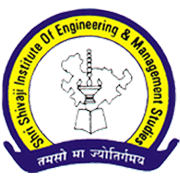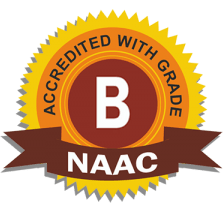- Home
- About Us
- Programmes
- Departments
- Facilities
- TPO
- FRA Fees Structure
- RTI
- Usefull Links
- Anti Ragging Committee
- Anti Ragging Squad
- Internal Grievance Redressal Committee
- Minority Committee
- OBC Reservation Committee
- SC ST Reservation Committee
- Anti Sexual Harrasment Squad
- Women’s Grievance Redressal Committee
- Mandatory Disclosure 2024-25
- NSS
- NPTEL
- FLOA
- Online Grievance Redressal
- Sports & Cultural
- Administrative (Office) Staff
- Policy on Green Campus
- Skill Test
- IQAC
- IQAC
- Updated SSR After DVV
- NAAC Steering Committee
- AQAR 2024-25
- Criterion-1: Curricular Aspects
- Criterion 2: Teaching Learning & Evaluation
- Criterion 3: Research, Innovation
and Extension - Criterion 4: Infrastructure
and Learning Resources - Criterion 5: Student Support
and Progression - Criterion 6: Goverance,
Leadership
and Management - Criterion 7: Institutional Values
and Best Practices
- NAAC (Cycle 1)
- IIQA Filled Copy
- IIQA Clarification
- Extended Profile
- Criterion 1: Curricular Aspects
- Criterion 2: Teaching – Learning and
Evaluation - Criterion 3: Research, Innovations and
Extension - Criterion 4 – Infrastructure and Learning
Resources - Criterion 5 – Student Support and
Progression - Criterion 6: Governance, Leadership and
Management - Criterion 7: Institutional Values and
Best Practices - Criterion 8
- DVV Clarification
- NAAC Peer Team
- NAAC Peer Team Visit Videos
- Media & Events
- Contact us



